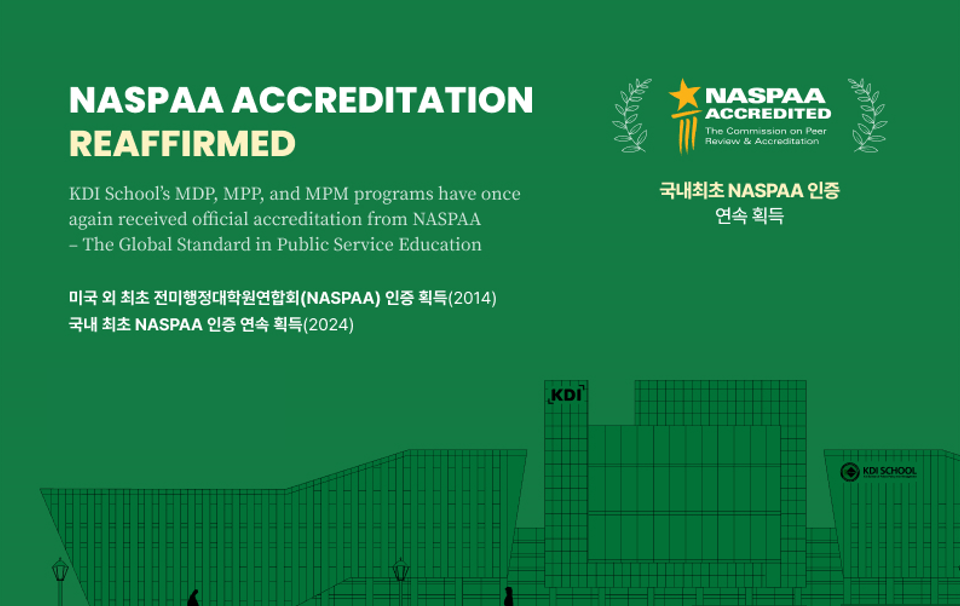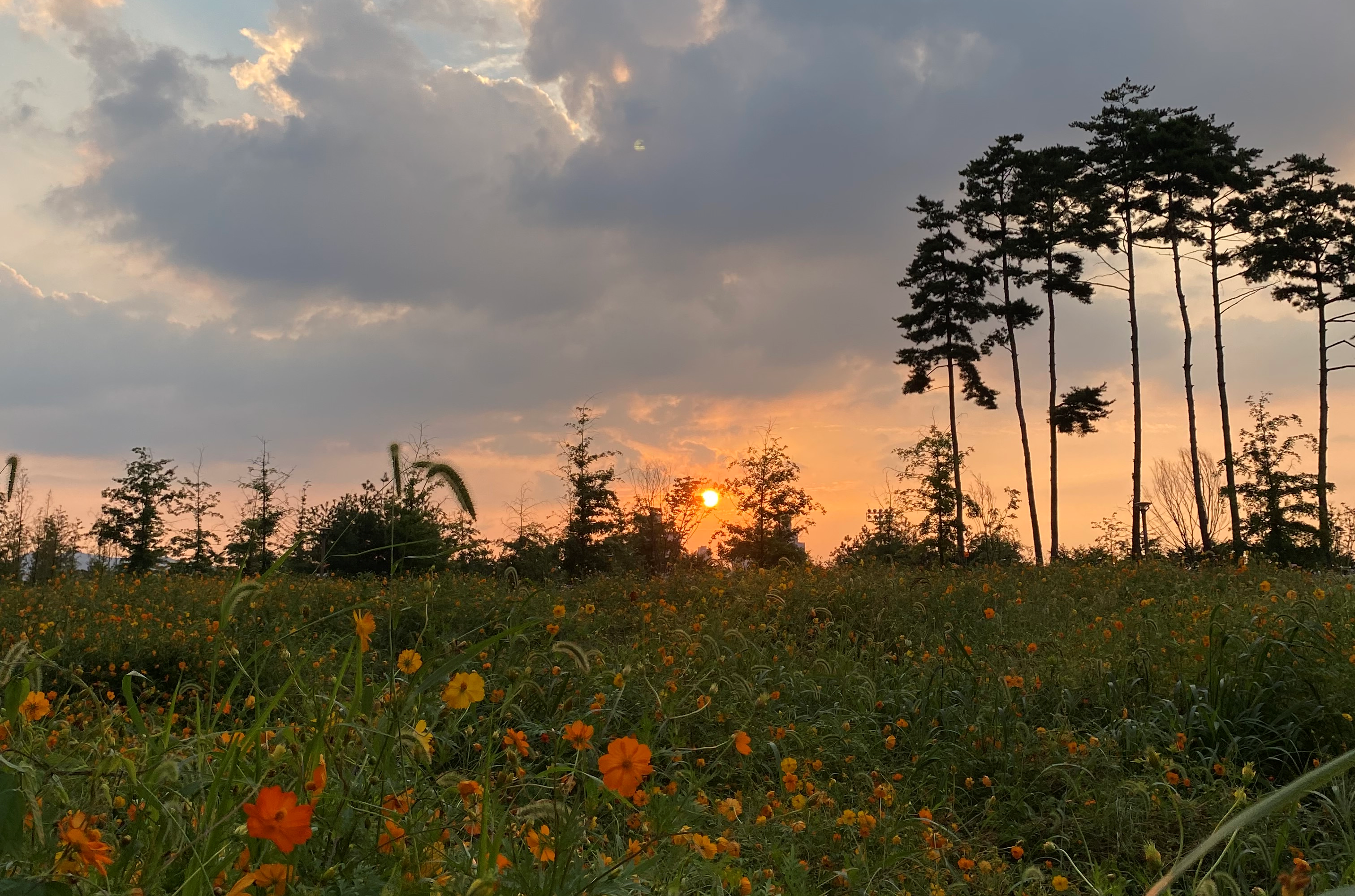
Mongolia - Homeland of Chinggis Khaan and nomadic culture of Asia
- Date 2007-05-01 00:41
- CategoryResearch and Education
- Hit2059
 In an interview with The Globe, BOLDMAN Zuzaan (2007 MBA student from Mongolia) portrayed Mongolia, or Republic of Mongolia as a vast country of mountains, lakes, deserts, and grasslands. He depicted Mongolia’s wild nature, nomadic culture, and hospitable people, which attracts foreign tourists from around the world.
In an interview with The Globe, BOLDMAN Zuzaan (2007 MBA student from Mongolia) portrayed Mongolia, or Republic of Mongolia as a vast country of mountains, lakes, deserts, and grasslands. He depicted Mongolia’s wild nature, nomadic culture, and hospitable people, which attracts foreign tourists from around the world.
Legend has it that the Mongol empire was founded when a 20-year-old Mongolian named Temujin succeeded in uniting most of the Mongol tribes that were at war in the 13th century. He was then given an honorary name, Chinggis Khaan, meaning ‘Universal King’. Under the leadership of Chinggis Khaan and his grandson, the Mongol empire stretched from Korea to Hungary and expanded as far south as Vietnam, making it the largest empire the world has ever known. After the death of Chinggis Khaan’s grandson, the Mongol empire went into great decline in the 14th century.
Mongolia spreads out across 1.5 million square kilometers of the Central Asian plateau, making it the 19th largest country in the world with a population of only 2.6 million (UN 2006), much smaller than the Mongol population of China. It is bordered by China to the south and Russia to the north. While the majority of the country’s citizens are Mongol, Sunni Muslim Kazakhs, Buriats and Tuvans also live in the west part of the country, comprising some 5% of the population.
 Ulan Bator Amarbayasgalant Khiid is considered one of the most important monasteries in Mongolia.Uis the capital city of the Republic. While one third of the population lives in the capital, half of the people herd livestock in the countryside. In Ulan Bator, temperatures generally start to drop below 0°C in October, sinking to -25°C in January and February and remaining below freezing until April, making Ulan Bator probably the “coldest capital city” in the world. “Winter in Korea is very warm this year. I bet I will have a hard time in summer. In Mongolia, the pleasant season is from July to September,” BOLDMAN said.
Ulan Bator Amarbayasgalant Khiid is considered one of the most important monasteries in Mongolia.Uis the capital city of the Republic. While one third of the population lives in the capital, half of the people herd livestock in the countryside. In Ulan Bator, temperatures generally start to drop below 0°C in October, sinking to -25°C in January and February and remaining below freezing until April, making Ulan Bator probably the “coldest capital city” in the world. “Winter in Korea is very warm this year. I bet I will have a hard time in summer. In Mongolia, the pleasant season is from July to September,” BOLDMAN said.
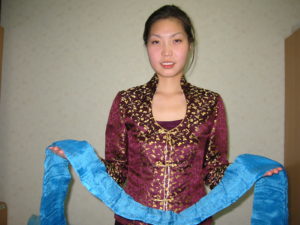 In 1990 Mongolia peacefully abandoned its 70-year-old Soviet-style one-party state and embraced political and economic reforms. Since then, Mongolia has expanded political and financial ties with the US, the EU and Japan, but its main trading partners are still Russia and China. Although Mongolia was successfully transforming into a market economy, as aid and supervision from Moscow faded away, so did central economic planning, which triggered rising prices, widespread poverty and unemployment. Despite generous funding by the International Monetary Fund (IMF), World Bank and foreign donors such as Japan, Korea, the US, and Russia, growth has been hampered by corruption, and is insufficient to ameliorate the living conditions of a large percentage of the population that fell into poverty.
In 1990 Mongolia peacefully abandoned its 70-year-old Soviet-style one-party state and embraced political and economic reforms. Since then, Mongolia has expanded political and financial ties with the US, the EU and Japan, but its main trading partners are still Russia and China. Although Mongolia was successfully transforming into a market economy, as aid and supervision from Moscow faded away, so did central economic planning, which triggered rising prices, widespread poverty and unemployment. Despite generous funding by the International Monetary Fund (IMF), World Bank and foreign donors such as Japan, Korea, the US, and Russia, growth has been hampered by corruption, and is insufficient to ameliorate the living conditions of a large percentage of the population that fell into poverty.
“I believe Mongolia is doing well and will certainly progress in economics, politics and the arts among other fields, and it is important that its students go to foreign countries like Korea for a broader vision and perspective,” said BOLDMAN. “And there are many things that I can learn from Korea, especially Korea’s Economic Development.”
By Sophaseila SAKETT (2007 MBA)
Related News
-
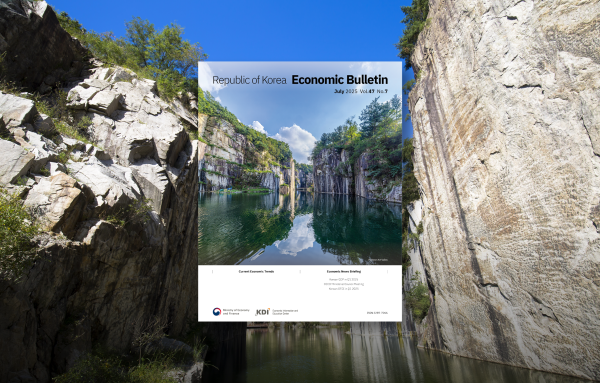
Research and Education16 days ago
Republic of Korea Economic Bulletin, July 2025#KDI #Economic #KDISCHOOL #kdischool #Economic Bulletin #Research
-
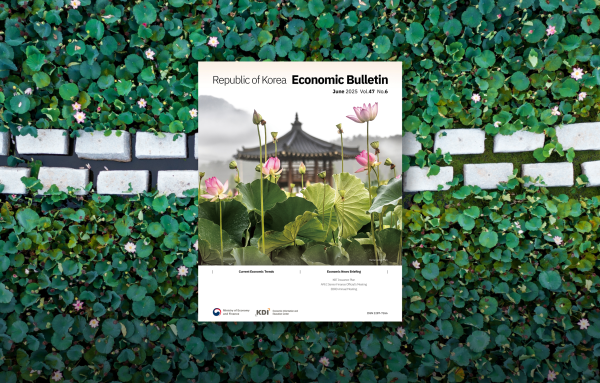
Research and Education44 days ago
Republic of Korea Economic Bulletin, June 2025#KDI #Economic #KDISCHOOL #kdischool #Economic Bulletin #Research
-
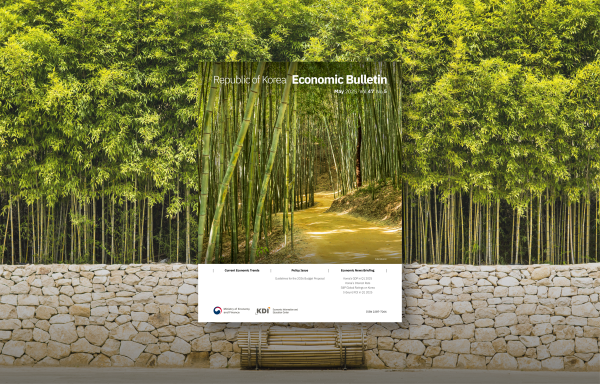
Research and Education78 days ago
Republic of Korea Economic Bulletin, May 2025#KDI #Economic #KDISCHOOL #kdischool #Economic Bulletin #Research

